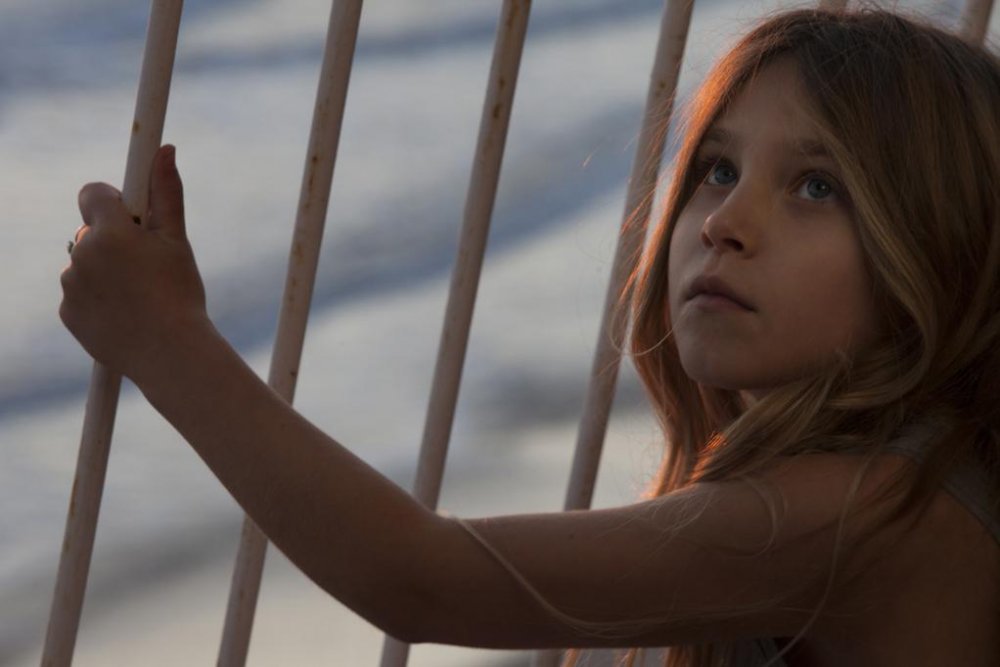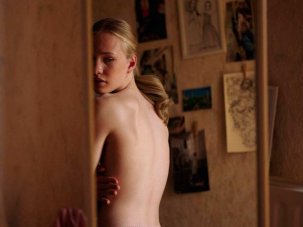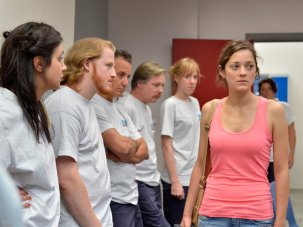From Xavier Dolan’s Mommy to The Florida Project by Sean Baker, many recent films have dwelt on volatile parent-child relationships. Angel Face, from first-time director Vanessa Filho, also explores this territory. Underneath the surface of scratchy sequins and waxy lipstick kisses, there is much to celebrate in this sparkling debut.
France 2018
108 mins
Director Vanessa Filho
Cast
Marlène Marion Cotillard
Elli Ayline Aksoy-Etaix
Julio Alban Lenoir
Chiara Amélie Daure
Jean Stéphane Rideau
Marion Cotillard plays Marlene, a just-married but already unfaithful young woman, a single mother who can never quite say or do the right thing for her eight-year-old daughter Elli (Ayline Aksoy-Etaix). At first, Marlene seems to be a familiar character, with her dirty bottle-blonde hair and a garish neon wardrobe. Her performance is more surface-level than, say, Bria Vinaite’s in The Florida Project, but her role seems to be precisely defined by this tacky aesthetic and a great deal of boozy melodrama.
The film isn’t all about Cotillard though – in this broken fairytale, the anti-fairy godmother quickly lets her child take over. As Elli, Aksoy-Etaix offers nuances that neglected on-screen children aren’t always given sufficient time for. At first her mother’s guardian angel, whispering lullabies and counting the stick-on gems on her skin, she then becomes a sadder, more unpredictable protagonist who goes through highs and lows most often reserved for twentysomethings on the run.
In the world that Elli and Marlene are trapped in, they mirror and obscure each other in turn. The toxicity of their love impacts them both, as bad habits just become part of who they are – as opposed to defining every next pitfall. Beautiful images of glitter-stained drinking and blush-pink bathroom preparations bring the pair closer together with a dreamy flair.
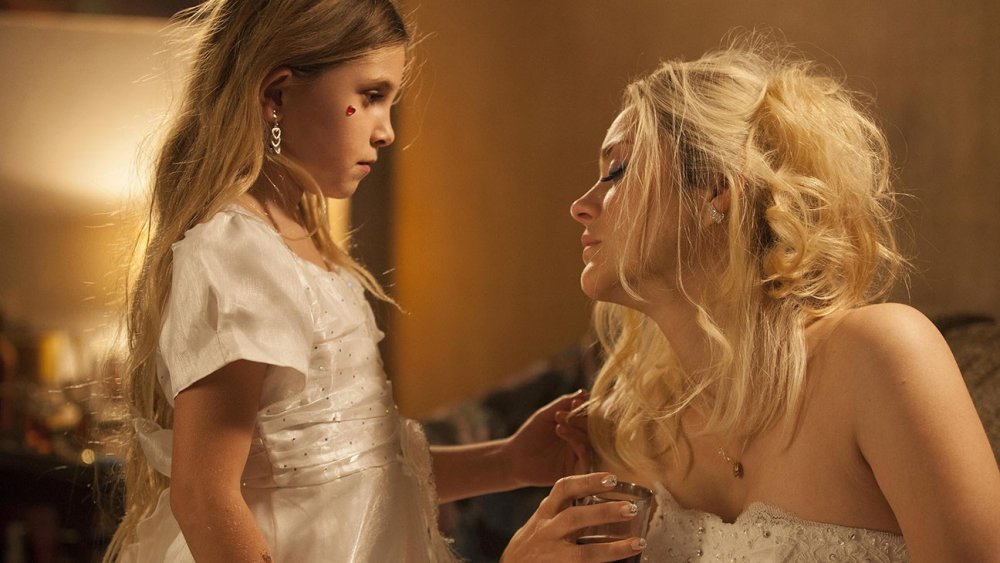
Aksoy-Etaix with Marion Cotillard as Marlene
Yet the film isn’t consistently so satisfying. Each character’s isolated screen time – including the somewhat uncertain saviour that is Julio (Alban Lenoir) – can struggle to deliver a substantial emotional punch. Aesthetics often take precedence, with the film content simply to look as sickly sweet as a trashed Barbie doll, rather than letting the toys truly come to life with impactful words.
Angel Face remains a commendable first film, as it manages to frame an unstable relationship in a way that allows each suffering party to face their own vices, instead of only showing their mutual combustion. A teetering karaoke routine from Marlene signposts her flaws, but this emotional moment is matched then trumped by the sight of Elli running down the motorway in a ripped Little Mermaid costume.
There’s room for these characters to develop, but in a way that makes you want to follow their next step rather than forgetting they ever began to walk. After a slightly predictable but bold near-coup de grâce, Elli is pictured in the sea as the film ends. She’s still floating, not ruined by her mother or by herself. With this imperfect but inspiring first film, Filho’s head remains high above water too.
In the June 2018 issue of Sight & Sound
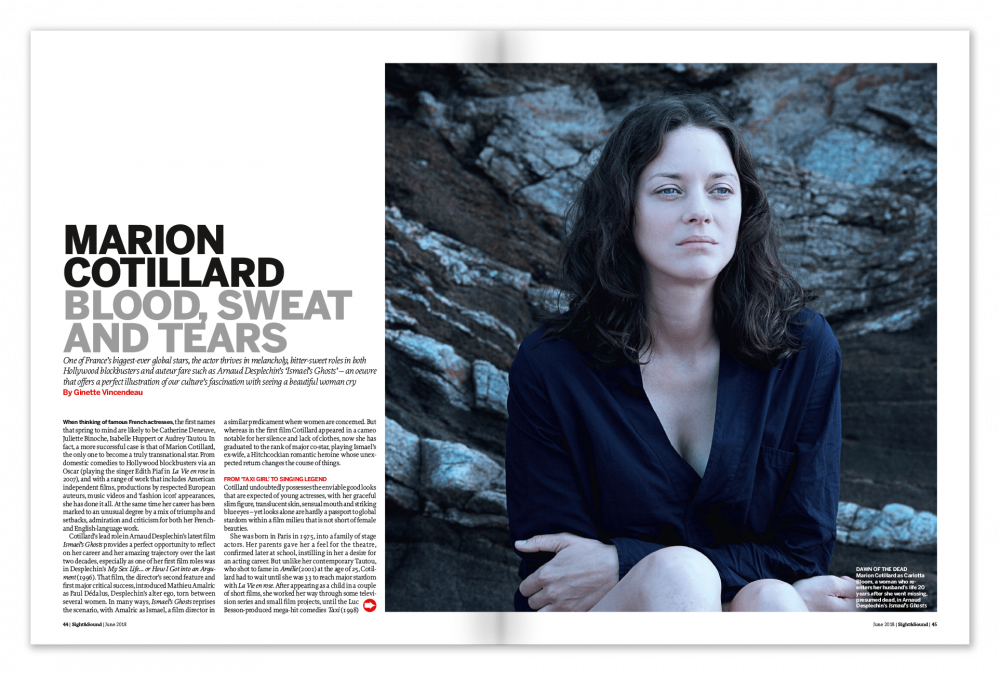
Marion Cotillard: blood, sweat and tears
One of France’s biggest-ever global stars, Marion Cotillard thrives in melancholy, bitter-sweet roles in both Hollywood blockbusters and auteur fare such as Arnaud Desplechin’s Ismael’s Ghosts – an oeuvre that offers a perfect illustration of our culture’s fascination with seeing a beautiful woman cry. By Ginette Vincendeau.
-
The Digital Edition and Archive quick link
Log in here to your digital edition and archive subscription, take a look at the packages on offer and buy a subscription.




